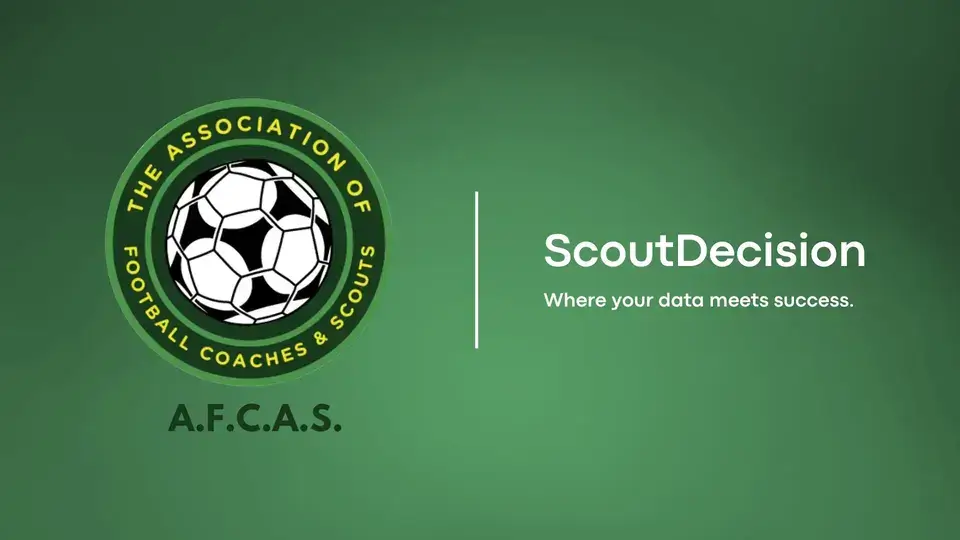Il caso giudiziario di Diarra spiegato in termini semplici
The Lassana Diarra case is creating major waves in football, particularly regarding FIFA’s transfer rules and their alignment with European Union (EU) laws. This case could lead to significant changes in how players, clubs, and agents operate in the transfer market, with long-term implications for the sport. ### What Happened with Diarra? Lassana Diarra, a French footballer who has played for top clubs like Chelsea, Real Madrid, and Arsenal, became embroiled in a legal battle with a Russian club over a contract dispute. In 2014, FIFA banned Diarra from football for 15 months because he refused to pay money owed to the Russian club after prematurely breaking his contract. Diarra believed the punishment was unjust, and he took the matter to court. His case ultimately reached the EU’s highest court, which examined whether FIFA’s rules surrounding player transfers and contracts were in compliance with EU law, especially concerning workers' rights. The court ruled that some of FIFA's transfer regulations might not align with EU laws, sparking a significant debate in the football world. ### What Does This Mean for Clubs? Traditionally, football clubs rely heavily on FIFA’s transfer regulations to protect their interests, especially when a player leaves before the end of their contract. These rules allow clubs to seek compensation if a player decides to break their contract early. However, the EU court's decision suggests that these regulations may infringe on workers' rights, potentially leading to changes in the way contracts and transfers are handled. If FIFA’s rules are amended in line with EU law, clubs could find it more difficult to enforce contracts and recoup financial losses when players leave early. This shift could offer players more freedom to move between clubs, but it would also require clubs to rethink their strategies for signing players and securing long-term contracts. Clubs may need to invest more in detailed and legally robust contracts to ensure they are protected under EU law, leading to greater complexity and higher costs in contract negotiations. ### How Will Agents Be Affected? Football agents, who facilitate transfers and contract negotiations for players, will also face the repercussions of the court’s ruling. The change in FIFA’s transfer rules could require agents to adapt quickly, understanding the new legal landscape to protect both their clients (the players) and the clubs they work with. With players potentially gaining more freedom to leave clubs with fewer restrictions, agents may see an increase in transfer activity, making the market more competitive. They will need to ensure that contracts are airtight and compliant with EU laws to safeguard the interests of their clients, while also dealing with the potential rise in legal challenges as the transfer market becomes more dynamic. ### The Future of Football Transfers The ruling in the Diarra case signals that the rules governing football transfers are not set in stone and may undergo major changes in the coming years. This could offer more freedom for players, but it also presents new challenges for clubs and agents. For clubs, the uncertainty around player contracts could lead to changes in how they approach signings, perhaps resulting in more caution or stronger legal frameworks for agreements. Agents, too, will need to stay vigilant, adjusting their strategies to remain competitive in a potentially more fluid transfer market. As the football world waits to see how FIFA responds to the ruling and whether it revises its transfer rules, all parties involved—players, clubs, and agents—must prepare for a new era of football transfers, where legal considerations will play an increasingly crucial role. The Diarra case has brought attention to the evolving nature of the sport, highlighting the delicate balance between football’s traditional structures and modern legal frameworks, and it will undoubtedly shape the future of transfers in European and global football.



